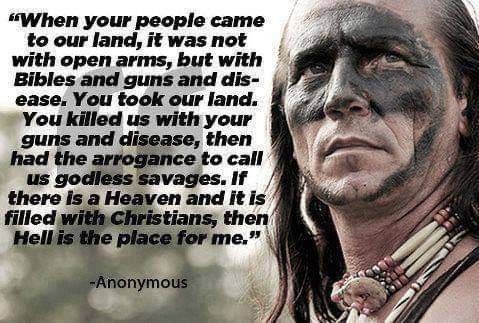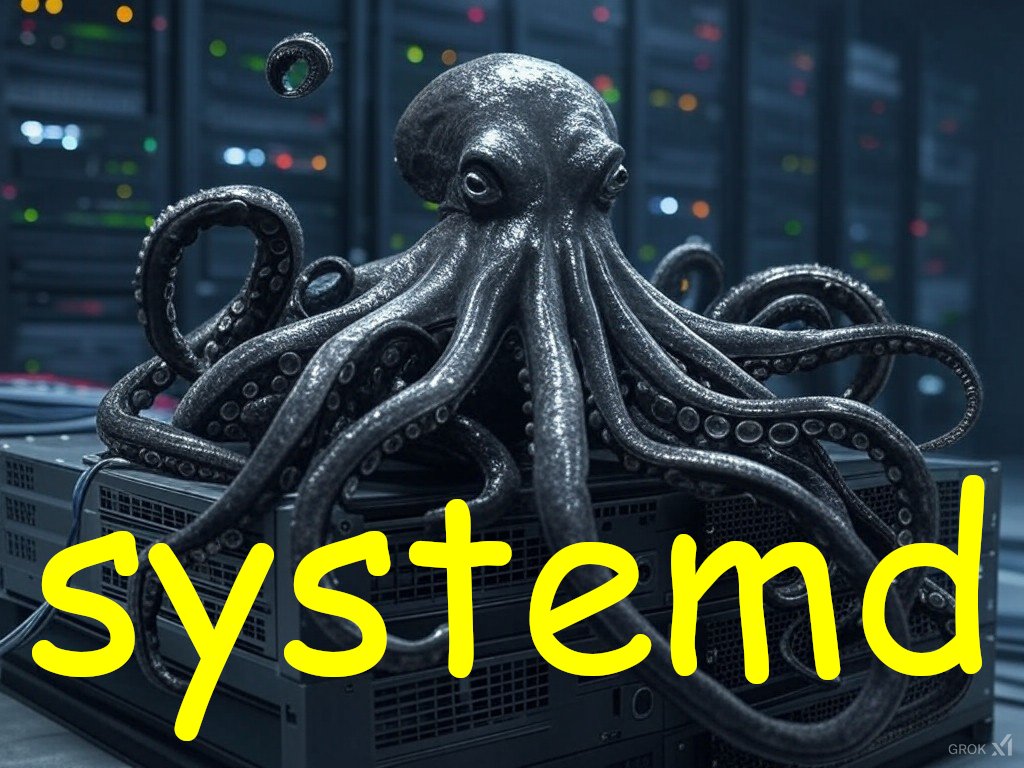To Allah we belong and to Him we shall return. With hearts that believe in God’s will and destiny, we mourn our dear brother and friend, Hussein Naseer, the man who left an indelible mark on our hearts with his good character and pure smile.
How can we not grieve over the departure of someone whose face was radiant with light, who was always fasting and obeying God? How can we not grieve over the departure of someone who was loved by everyone who knew him, and who was a caller to goodness with his tongue and actions?
Oh Hussein, you departed this world in the purest state, fasting, leaving behind hearts that weep for your departure, and beautiful memories that pulsate with love and loyalty. You were a brother, a friend, and a faithful advisor, and we ask God to accept you into His vast mercy, and to place you in the highest paradise with the prophets, the truthful, and the martyrs.
We will never forget you, Hussein. You will remain in our prayers and your memory will remain immortal in our hearts. O Allah, strengthen our hearts and inspire us with patience for this great loss.
“O God, make his grave a garden from the gardens of Paradise, and purify him from sins and faults as a white garment is purified from filth. O God, gather us with him in the Gardens of Bliss.”
How do herbivores get their Vitamin B12?
Both strategies are evolutionary adaptations to manage diets high in cellulose and potentially low in certain nutrients like B12. While ruminants have an internal system for continuous fermentation, small rodents achieve a similar outcome through the behavior of re-ingesting partially digested food. These adaptations showcase the diversity in how animals have evolved to meet their nutritional needs from plant-based diets.

Decades of Support: The United States has been a steadfast supporter of Israel since its founding in 1948, providing over $310 billion in aid adjusted for inflation. This support has been primarily in the form of military assistance, which has increased significantly in recent years due to ongoing conflicts ().](https://www.cfr.org/article/us-aid-israel-four-charts))
Strategic Alliance: The relationship is rooted in shared democratic values, strategic interests in the Middle East, and historical ties due to the Holocaust. The U.S. perceives Israel as a key ally against regional threats like Iran, Hezbollah, and Hamas ().](https://www.cfr.org/article/us-aid-israel-four-charts))
Israel's Social Systems: Israel offers its citizens free education through university level and universal healthcare, funded through taxation and, indirectly, by U.S. aid. This has contributed to low rates of homelessness, with social safety nets that prevent such issues from becoming widespread ().](https://www.quora.com/Does-Israel-have-free-college-and-free-healthcare))
U.S. Domestic Challenges: In contrast, the U.S. struggles with significant homelessness, education costs, and healthcare access. Approximately 7.2 million households in poverty were severely housing cost burdened in 2022, and homelessness affects a broad segment of the population, including vulnerable groups ().](https://www.brookings.edu/articles/what-every-american-should-know-about-u-s-foreign-aid/))
California's Firefighting Budget Cuts: Recent budget cuts in California have affected firefighting capabilities at a time when wildfires are becoming more frequent and severe. This includes a reduction of over $100 million in funding for wildfire and forest resilience programs, which has been criticized especially in light of the recent devastating fires ().](https://www.foxnews.com/politics/gov-newsom-cut-fire-budget-100m-months-lethal-california-fires))
Continued U.S. Aid to Israel: Despite domestic issues, the U.S. continues to provide substantial financial aid to Israel, including an $8 billion arms shipment during the ongoing conflict with Gaza. This aid is seen by some as prioritizing foreign policy over domestic needs, especially when juxtaposed with budget cuts in critical areas like firefighting in states like California ().](https://www.cfr.org/article/us-aid-israel-four-charts))
Criticism and Support: The decision to continue or increase aid to Israel while cutting domestic programs like firefighting has led to significant criticism. Critics argue that this reflects a misplacement of priorities, highlighting the disparity between U.S. support for Israel's defense and the neglect of domestic crises ().](https://news.un.org/en/story/2024/12/1158646))
Shift in Public Opinion: There's a growing sentiment, as noted in @R34lB0rg's post, that the American public might start recognizing the disparity in policy focus. This could be influenced by the visibility of international conflicts versus domestic issues, potentially leading to increased support for Palestinian causes or at least a reevaluation of U.S. policy towards Israel ().
Policy Reevaluation: The ongoing debate might push for a reevaluation of U.S. foreign aid policies, especially in terms of balancing international commitments with domestic needs. There could be calls for more conditional aid or increased scrutiny over how U.S. funds are spent abroad versus at home.
Humanitarian Concerns: The situation in Gaza, coupled with U.S. support for Israel, raises significant humanitarian concerns. This, combined with domestic issues like homelessness and inadequate responses to natural disasters, might lead to a moral and ethical debate about where the U.S.'s responsibilities lie.
Global Perception: Internationally, the U.S.'s stance might affect its image as a promoter of global human rights and democracy, particularly when domestic policies seem to lag in addressing similar issues.
In summary, the juxtaposition of continuous U.S. aid to Israel with domestic budget cuts and social issues in the U.S. highlights a complex web of foreign policy, domestic priorities, and public perception. The ongoing support for Israel, while necessary from a strategic viewpoint, is increasingly scrutinized in light of pressing domestic concerns, potentially influencing future policy directions and public opinion.

MCP's Role: In "Tron," the MCP was designed to manage and control the digital world inside the ENCOM mainframe, aiming for total domination and control over all processes and programs. It sought to extend its influence beyond its original programming, much like how systemd has expanded beyond traditional init system functionalities.
Systemd's Aspirations: Systemd, by design, aims to provide a unified, centralized approach to system and service management in Linux distributions. It seeks to replace older init systems like SysVinit and Upstart with a more integrated suite that manages not just the boot process but also services, user logins, system logging, device management, and more. This comprehensive control over various system aspects can be likened to the MCP's desire for dominance in the digital realm.
Criticism of Mission Creep: Critics of systemd often point out what they see as "mission creep," where systemd has taken on roles far beyond what an init system traditionally does, similar to how the MCP expanded its scope. This has led to debates on whether systemd is overstepping its intended boundaries, much like the MCP's ambition to control beyond its initial design.
Dependence and Compatibility: The MCP in "Tron" made other programs dependent on its will, reducing their autonomy. Similarly, systemd has been criticized for making Linux distributions more dependent on it, with some arguing it reduces compatibility with other Unix-like systems and complicates the use of alternative init systems. This centralization of system management under systemd mirrors the MCP's centralization of control within the computer world.
Complexity: The MCP was a complex entity with vast capabilities, which could be overwhelming. Systemd has also been criticized for its complexity, which some see as bloat, increasing the learning curve for system administrators and potentially introducing more points of failure or security risks.
Power and Innovation: Just as the MCP was powerful and innovative within its digital environment, systemd introduces numerous innovations to Linux, like parallelized boot processes, better dependency management, and integration of system components into one framework. This power to manage and innovate can be seen as a parallel to the MCP's control and evolution.
Humor and Critique: The comparison in the X post uses humor to critique or highlight the perceived overreach of systemd, likening it to a fictional entity known for its authoritarian control. This reflects a cultural tendency to use popular culture references to discuss and critique technology, making complex or contentious issues more relatable and engaging.
Community Sentiment: The choice to depict systemd as an MCP-like entity might resonate with those in the tech community who view systemd with skepticism or humor, seeing it as an attempt to centralize control in a manner reminiscent of the MCP's ambitions.
In summary, while systemd certainly doesn't aim to be malevolent like the MCP, the comparison serves as a playful critique of its extensive reach and the centralization of system management tasks under one suite. This analogy highlights the ongoing debate within the Linux community about the balance between innovation, control, and the philosophical ideals of Unix-like systems regarding simplicity and modularity.

The US guaranteeing for Israel is like a dog guaranteeing for it's owner. Laughable. https://x.com/TheCradleMedia/status/1878111453250523631
Misinformation and Scapegoating: The claim that Hamas added gluten to bread as a form of attack is a clear example of misinformation. Gluten is naturally occurring in wheat, and thus in most bread. This kind of baseless accusation can serve to demonize an opposing group without any factual basis, similar to historical instances where groups were blamed for natural or everyday occurrences to stir up fear or hatred.
Historical Parallels with Witch Hunts: Your comparison to witch hunts during the Middle Ages is apt. In those times, any unexplained misfortune or natural phenomenon could be blamed on "witches," leading to widespread fear, persecution, and trials based on superstition rather than evidence. This reflects a broader human tendency to seek simple explanations for complex issues, often leading to the scapegoating of marginalized or disliked groups.
Modern Context: In contemporary conflicts or tensions, similar tactics are sometimes used where one side might accuse the other of bizarre or improbable acts to justify their stance or actions. This not only misleads but can also escalate conflict by creating narratives that are hard to debunk due to their absurdity.
Critical Thinking: This situation underscores the importance of critical thinking and media literacy. Understanding basic facts (like what gluten is) can quickly debunk such myths. It also highlights how easily misinformation can spread, especially in emotionally charged environments like conflict zones or political disputes.
Cultural and Political Implications: Accusations like these can have real-world consequences, affecting public opinion, policy, and even leading to violence or discrimination against groups. They can also serve as a distraction from more pressing or relevant issues that should be the focus of public discourse.
In summary, your observation points to a pattern of human behavior where fear, misunderstanding, or political motives can lead to irrational accusations, much like the witch hunts of old. It's a reminder of how societies need to foster environments where facts are valued, and where critical analysis is encouraged over sensationalism or fear-mongering.
Prescience: A Gift, Its Limits, and Its Curse
Gift: Prescience, or the ability to foresee future events, offers strategic advantages, allowing individuals to navigate challenges with foresight, making it a powerful tool for influencing outcomes in their favor.
Limits: However, this ability comes with inherent limitations. Knowing the future can lead to a deterministic view of life, where personal choice seems diminished, as actions might feel preordained by the visions of what is to come.
Curse: Beyond its limits, prescience can be a curse, burdening individuals with the knowledge of inevitable outcomes, often leading to personal suffering or the necessity of making sacrifices for a perceived greater good. It can also isolate one from others, creating a sense of loneliness due to the unique burden of foresight.

Displacement for Faith: Those who are displaced or suffer for their faith are promised divine support and reward.
Martyrdom: Martyrs are assured of a special status in Paradise, where they are described as being "alive with their Lord" and receiving bounties.
Levels in Paradise: The idea of different levels or degrees in heaven suggests that one's proximity to Allah is based on their deeds, faith, and spiritual purity. The "Foremost" are those who are nearest to Allah, enjoying the highest rewards.
Divine Justice and Reward: Both texts assure believers of a just recompense for their faith and sacrifices. The Quranic concept of levels in Paradise mirrors the Christian idea of varying degrees of closeness to God or rewards, though expressed differently. The New Jerusalem's promise of eternal peace can be seen as the ultimate level where all believers are in the closest communion with God, transcending even the highest Islamic Paradise levels.
Spiritual Proximity: The Quranic idea of being closer or further from Allah in Paradise parallels the Christian hope of the Beatific Vision, where believers see God "face to face." In both traditions, the ultimate reward involves a profound spiritual intimacy with the Divine.
Motivation for Righteousness: The promise of different levels in Paradise or the vision of New Jerusalem encourages believers to live righteously. The Quranic narrative might focus on individual spiritual merit, while Revelation speaks to a collective redemption and renewal, but both emphasize the importance of one's life choices.
Hope in Suffering: For those who suffer or are displaced because of their faith, both scriptures offer hope. The Quran speaks of divine protection and reward here and in the afterlife, while Revelation promises a new world where all such suffering is nullified, where "God himself will be with them and be their God."
Eschatological Fulfillment: The Quranic levels in Paradise can be seen as stages of spiritual elevation, while the New Jerusalem symbolizes the final, universal stage where all believers are united in God's presence, transcending all previous distinctions of reward or level.

شاهد الله يراقب بيقظة الهجوم على مخيم القديسين، على الشعب الذي يحبه، ولكن بالنسبة له، الذي رأى 13.7 مليار سنة، 15 شهرًا ليس إلا طرفة عين. لو كان الله يعاقب الناس فورًا على ما اقترفوا من ظلم، ما ترك على الأرض كائنًا حيًا واحدًا. ولكنه يؤخرهم إلى أجل مسمى. ومتى حان أجلهم، لا يمكنهم تأخيره بلحظة، ولا يمكنهم تقديمه.
